What’s my name – a simple question to many, but not to someone who has dementia. Now imagine you have a care worker who comes in either first thing in the morning or later in the day to support you with personal care, and they repeatedly ask that question. What’s my name? What’s my name? Again, and again!
You attempt to answer but get it wrong, and they say no, my name is….. and then a few minutes later repeat the question: what’s my name? How do you imagine that makes them feel? Anxious, worried, confused???
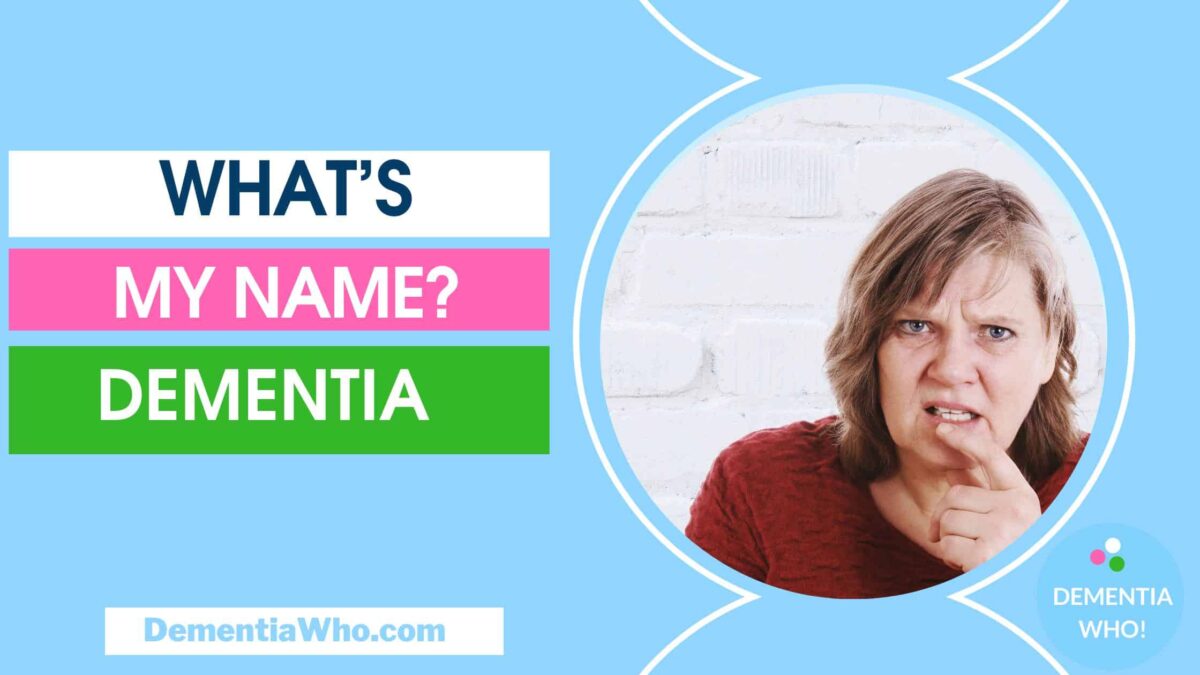
I’m sharing this as this happened to my mum. One care worker would come in, say hello and would instantly ask “what’s my name”, nine out of ten times mum had no clue, but because on one occasion she got it right, the care worker felt it was ok to keep asking the question. She had no idea of the effect that it was having on mum.
Why asking What’s My Name is Distressing?
Being asked “What’s my name?” again, and again, can be disorienting and distressing. Dementia often impairs memory, making it challenging for a loved one to recall personal information, in this case, the name of a care worker that mum sees once or twice a week. In one visit, she’d ask the same question at least 3-4 times, and mum would look confused or speak to her in our mother tongue say she didn’t know her name, and you could hear the distress in her voice.
It creates feelings of confusion, helplessness, and frustration each time that a loved one with dementia cannot answer. The repeated questioning reinforces a sense of disorientation, can increase anxiety, cause distress and reduce someone’s self esteem as they struggle with their memory.
Our care worker is brilliant in every other respect, but a lack of knowledge or understanding of dementia meant that she didn’t see any problem with her line of questioning. Despite my repeated requests to stop asking mum until I explained to her why it was wrong and how it was affecting mum. She didn’t understand that this was making mum feeling small, unsure of herself and angry sometimes too. I suggested another approach that she could use to communicate with mum.
Communicating More Effectively
To provide better care and enhance a loved one’s well-being, you can adopt communication techniques that reduce stress and help someone feel more secure. Here are some strategies:
- Introduce yourself: Greeting someone with a hello and my name is…. is an easy way to start a conversation with someone with dementia, adding more information about who you are and why you’re there as well can help reduce anxiety or concerns as to who this strange person is in their home.
- Avoid Testing Their Memory: Instead of asking who you are or even asking them what their name is, gently address them by their name, formerly at first, but after asking permission, you could use their first names. This approach provides them with the information without putting them on the spot or highlighting memory challenges, especially if they’re struggling to remember their own name.
- Reassure and Validate: Use positive reinforcement and reassurance to create a supportive atmosphere. For example, say, “Good morning, Janice. It’s nice to see you today. I’m Katie. I here to help you get dressed today.” This not only gives them answers but also sets a positive tone for the interaction.
- Utilise Visual Aids: Consider using name tags or personalized items that display your name. This can serve as a helpful cue without directly questioning your loved one’s memory. Reminder bulletin boards with cues or messages about where they are can also help
- Establish a Routine: Having a regular daily routine can help reduce confusion and provide a sense of stability. Familiarity with the day’s structure can ease anxiety and improve overall comfort. Using visual aids here can also help with the day’s structure written down that can be read and seen by your loved one with dementia.
I gave these suggestions to the care worker because I received similar advice while attending a course on improving communication & understanding dementia better. Sharing the knowledge we’ve gained is really helpful to those who might not have that information.
The key thing for me was to explain the impact of repeated questions on mum and why using other approaches would help improve her well being. Changing your approach can create a more supportive environment, and taking a step back to see the non-verbal cues and emotions can only improve your loved one’s quality of life.
Understanding Emotions
Doing personal care is already a very intimate experience and understanding emotional needs also plays a big factor, so think about:-
Showing Compassion: Approaching someone with a smile on your face, with empathy and understanding that confusion may be present. Show compassion by bringing comfort using gentle words, a soft touch, and through your actions.
Foster Connection: Instead of just going about the task, take time to engage in conversation and talk about their interests, experiences, family, what you or they are doing today or have done. Build that connection.
Calm Environment: Don’t come in chatting on your phone or continuing a loud conversation on something from before you entered the room. Be polite, respectful and calm, ensure the surroundings are free from excessive noise or distractions. A peaceful environment can help reduce agitation and confusion, especially whilst doing personnel care.
Conclusion
Repeatedly asking an someone living with dementia “What’s your name?” is plain wrong! It can only increase confusion and anxiety, especially if you see that they are struggling to answer. By understanding the impact of this question and adopting more effective communication strategies—such as introducing yourself and creating a reassuring environment—you can significantly improve their well-being. Our role in providing compassionate care is vital to quality of life, and we play our part in ensuring that a loved one navigates the challenges of dementia with dignity and respect.


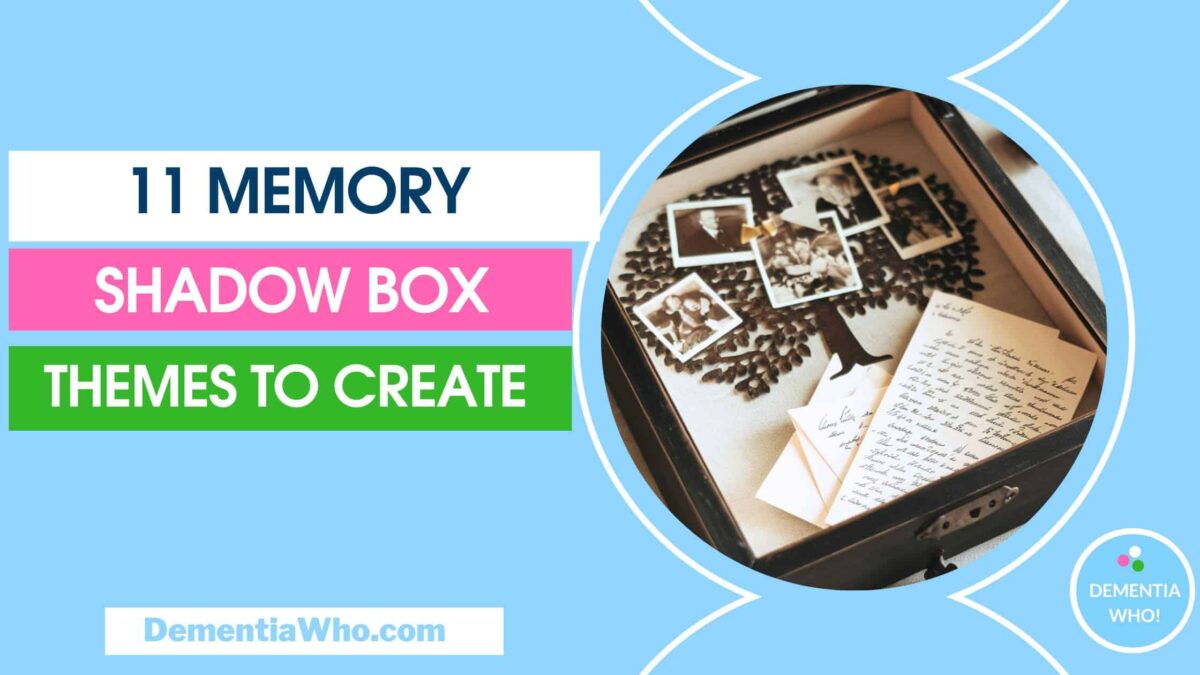
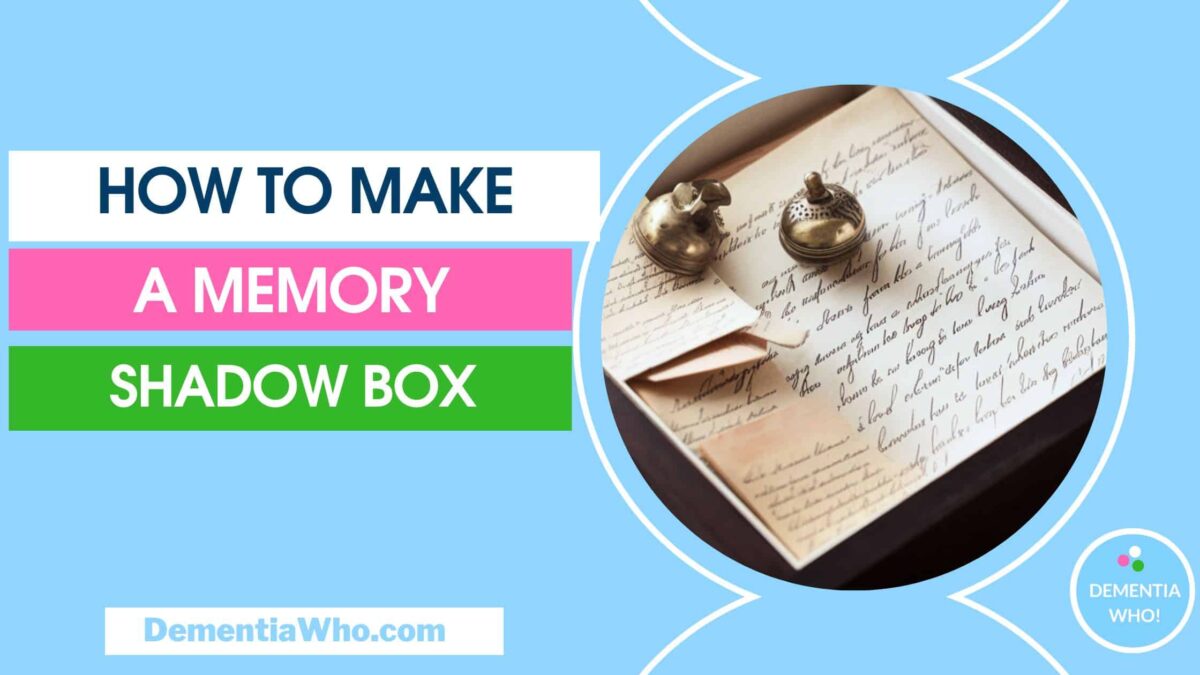



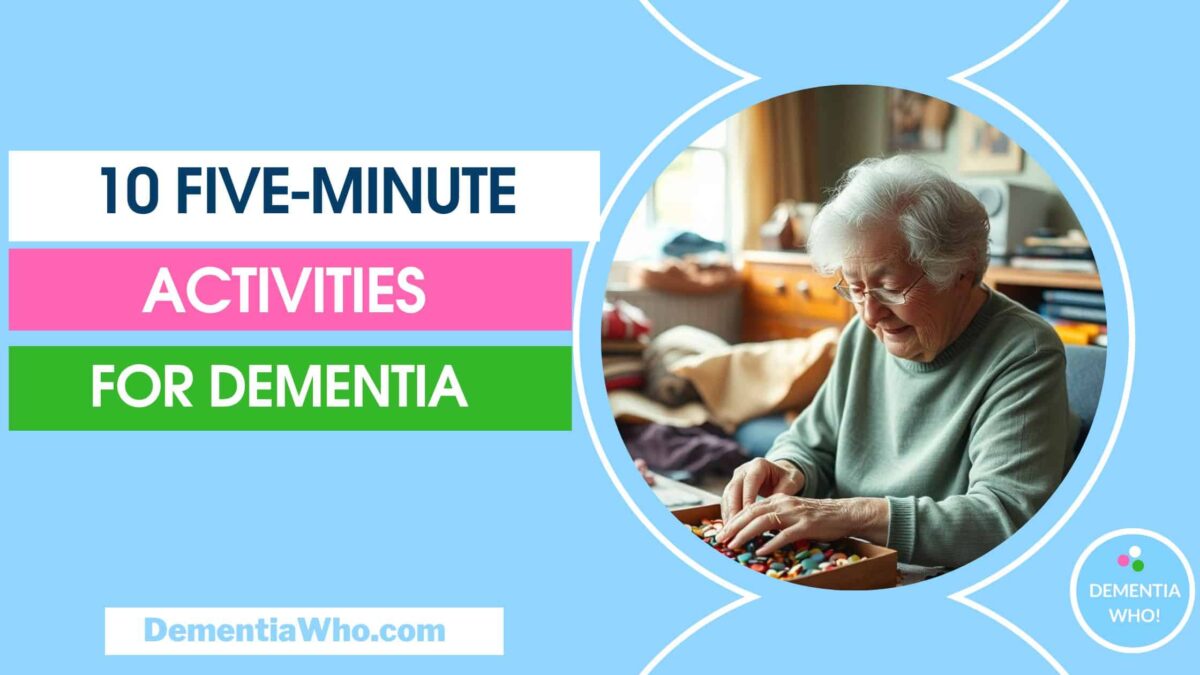
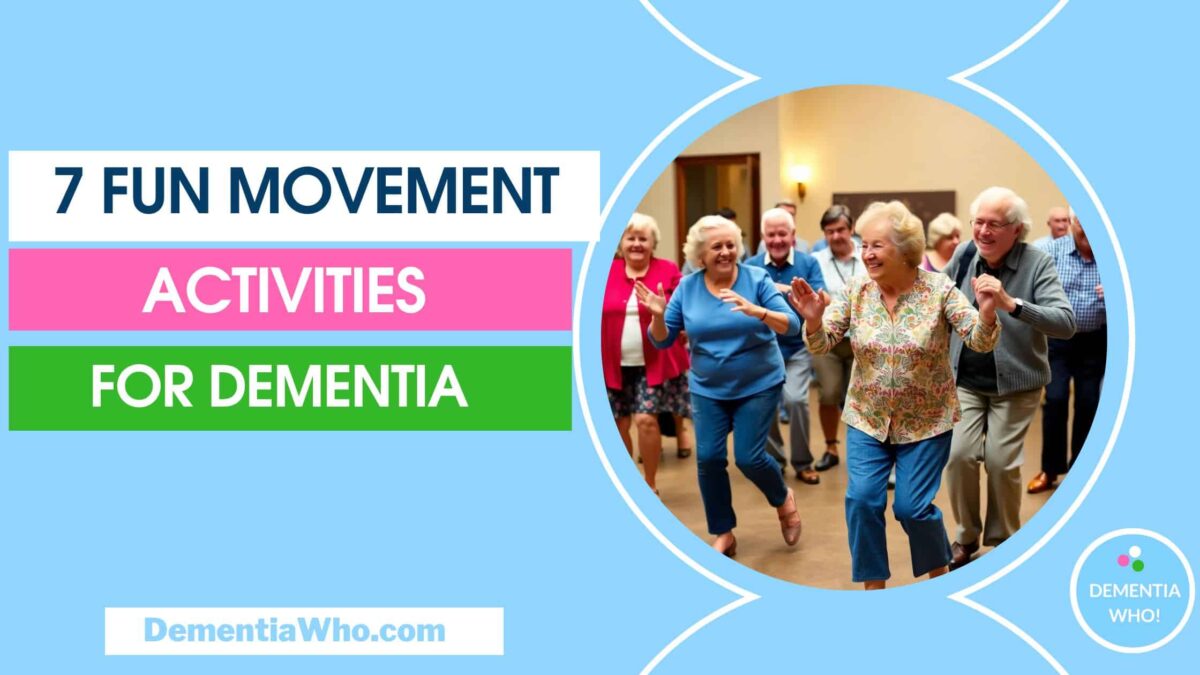






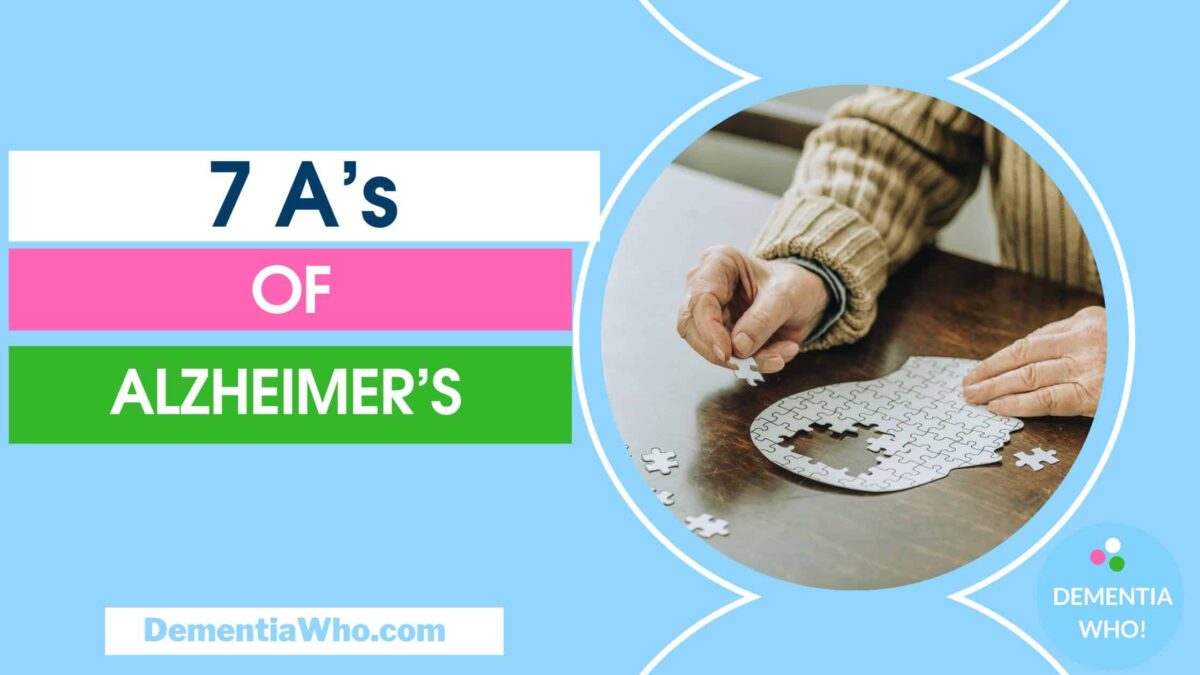


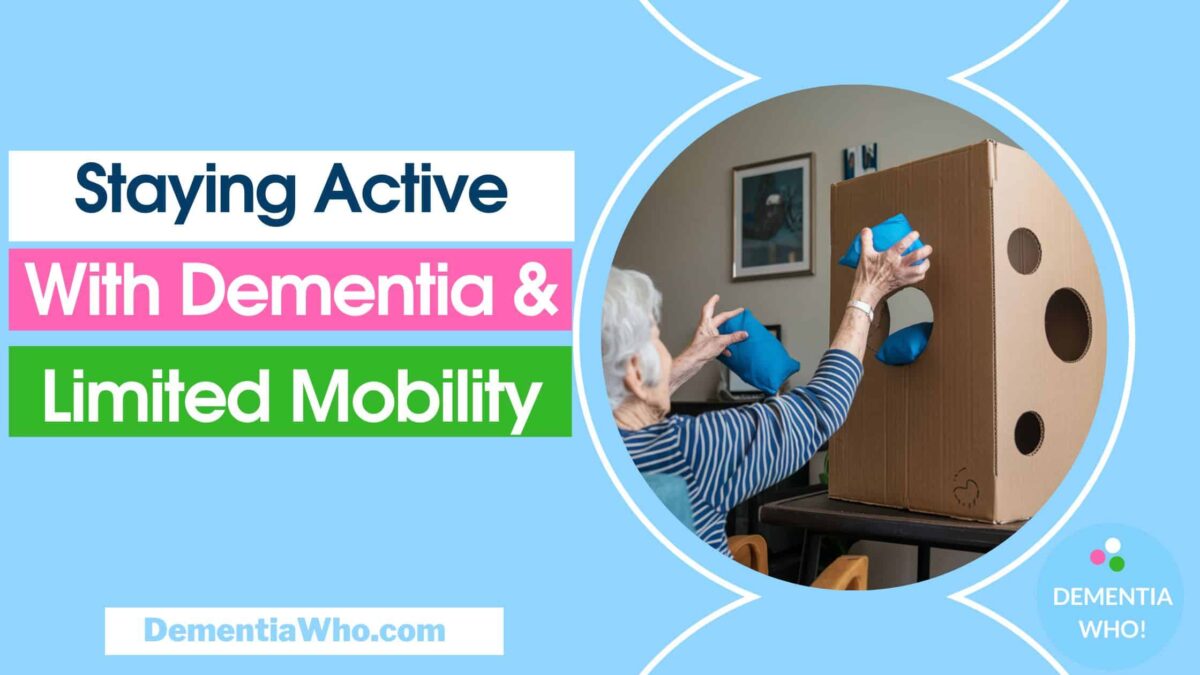



When I was visiting a care home dementia ward I always wore a name badge which said “Hello my name is Peter Bell” and when I met someone I would always say, “Hello my name is Peter and point to the badge”. As someone with a memory loss issue (MCI) I know how distressing it is to be asked something I am unlikely to remember. And to be repeatedly asked is bordering on abuse. There are other and better ways to establish the state of someone’s memory, is that is what you are trying to do.
Spot on as usual. I agree completely!
I would often tell people “It’s not Mom’s job to remember what your name is or who you are anymore. It’s your job to remember her name, remember who she was, embrace who she is, and welcome who she will be.”